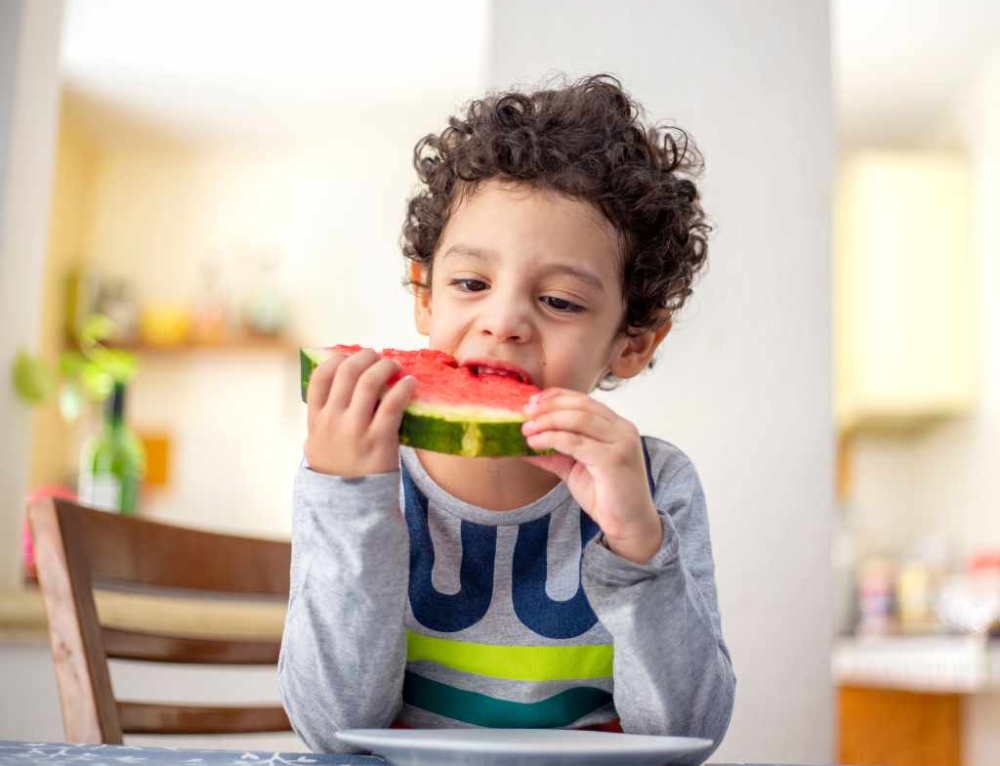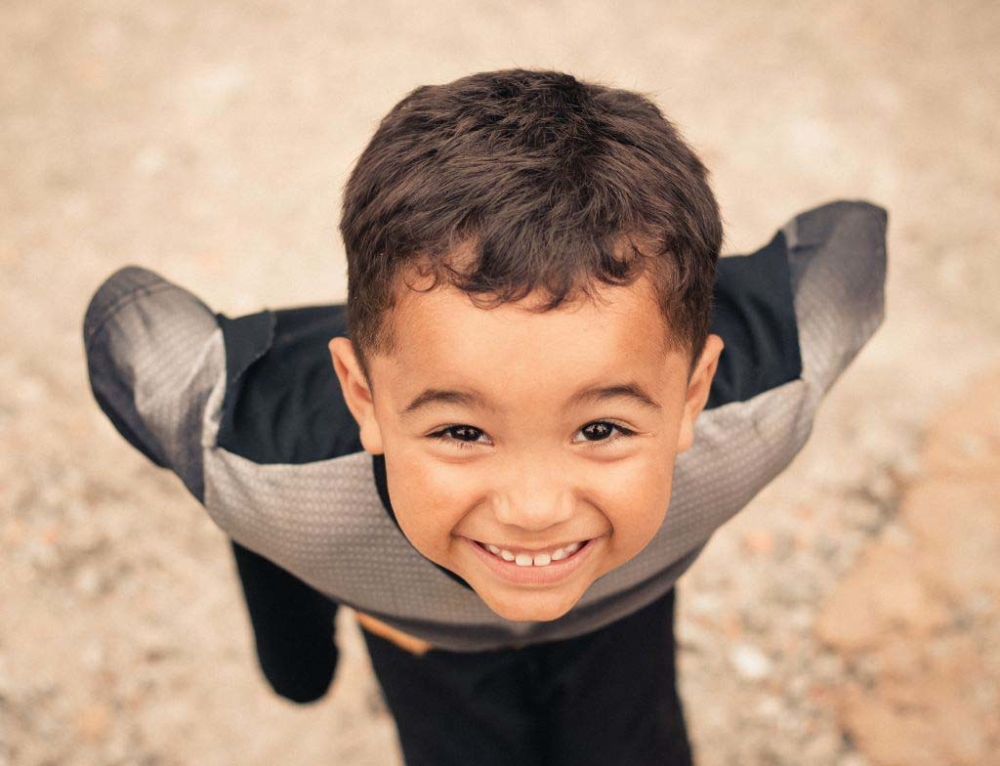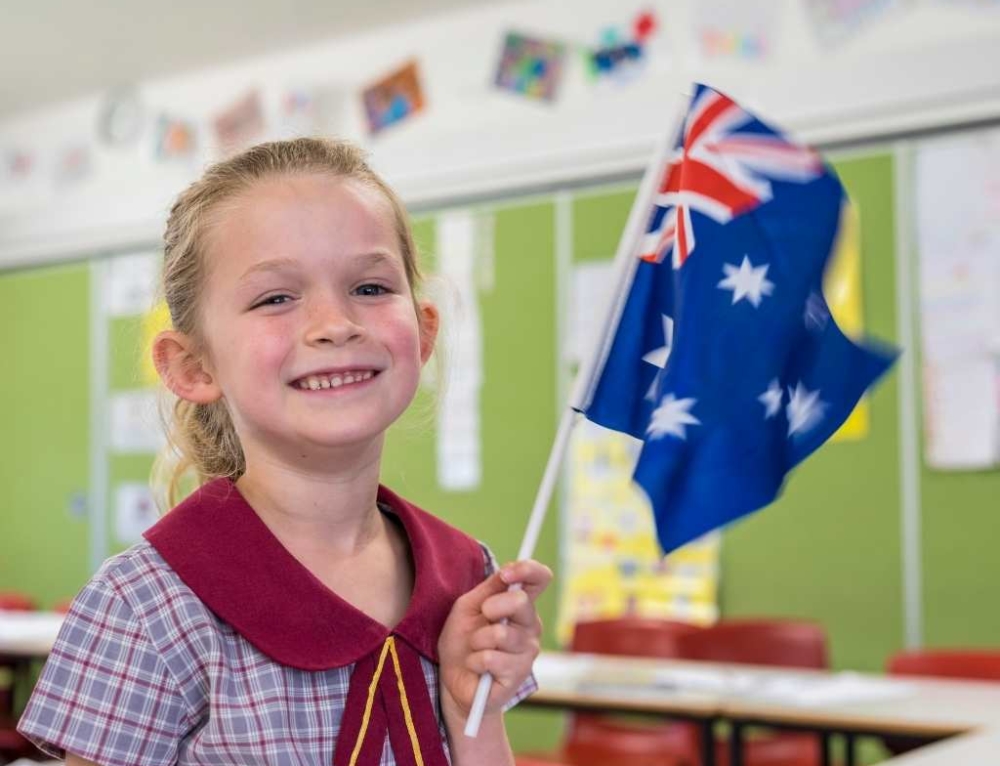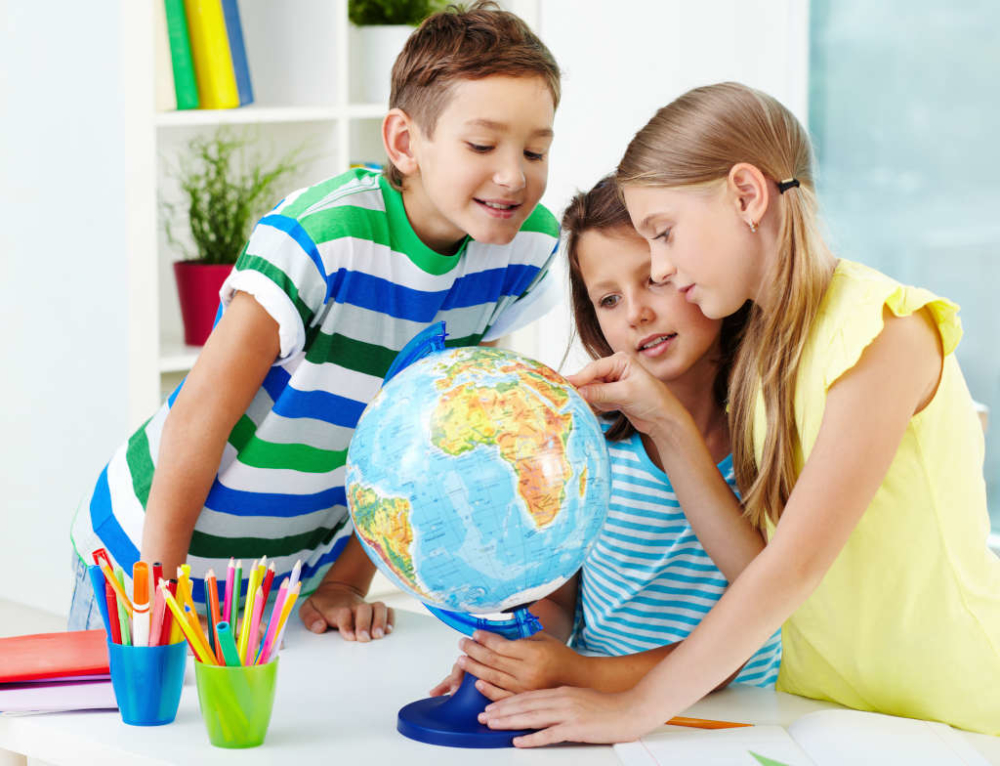Children aged 9 or 10 are consolidating their expressive language skills and learning to express themselves in a range of situations. Speech and language milestones are divided by speech therapists, and professionals in the field, into the 6 different categories below, which are all equally important.
Speech and language development:Audition (Listening)
Audition is the development of listening skills. Children at this age are active listeners and have developed a range of strategies for ‘during listening’ and ‘after listening’ to help cognitive development. Not only are children maintaining eye contact but, they are able to offer feedback and verbal encouragement to their peers. Children are listening to a wider range of texts being read aloud and this may include lyrics and ballad poems.
Receptive Language (what your child understands)
Receptive language skills are essential for comprehension and following instructions. Children should no longer require visual support and can follow complex instructions for things which they cannot see. Students should be able to comprehend how speech is logically sequenced. They should be able to comprehend information, data or results and use that information to form an opinion which they can justify.
Speech and language development:Expressive Language (what your child says)
Children at this age are able to explore the responses and attitudes of others through language. They can express their own opinion with supporting ideas. Children of this age enjoy sharing their opinions of movies or recently read books. They are capable of briefly speaking to the class on a researched topic and can use notes during a presentation speech. A child of this age should be able to act as the reporter in a group of peers to summarise information and share back with the group. Children are describing events and things with great detail. They can recite poems and debate issues. A child of this age has progressed from verbally describing to being able to verbally given an explanation.
Speech and language development:Speech (talking and forming words and sounds correctly)
Speech work would only be occurring at this age level if remediation (correction of skills) was required. There are no milestones for this age group as children should now be speaking fluently with clarity.
Speech and language development: Cognition (comprehension of concepts)
Children of this age are learning how to use language to show they agree or disagree with the statements of others. They are also developing the skill of verbally representing things positively or negatively. Children of this age nationally are learning that just as they write for different purposes that adult structure their talking differently depending on the situation and the concepts being talked about.
Speech and language development: Pragmatics (Effective Social Communication Skills)
As children become older pragmatics becomes increasingly significant. Children learn that there is the language they use aloud as well as their body language which can combine to give the same message or may present two different ideas and that this can be used for comedy. Conversational turn taking skills are being consolidated. Children can now understand how the language of their home differs to formal school language and adjust their use of language correctly. They can identify what ‘slang’ is and when to use it. Children can also adjust their speech to suit familiar situations for example when speaking to a younger child they would know to simplify the words used.
Speech and language development: Important
Children at this age are very interested in discussing their personal feelings and opinions. They should be provided with information and allowed to form their own opinions on simple issues. Discussions with their family about how opinions are formed are a powerful role model and not only provided a language model but, show them how to use language to talk about their own speaking and listening.
This article was written by Michelle Barrington for Kidspot, New Zealand’s leading education resource for parents. Michelle is a teacher and mother who blogs at Gee, You’re Brave.







Leave A Comment
You must be logged in to post a comment.